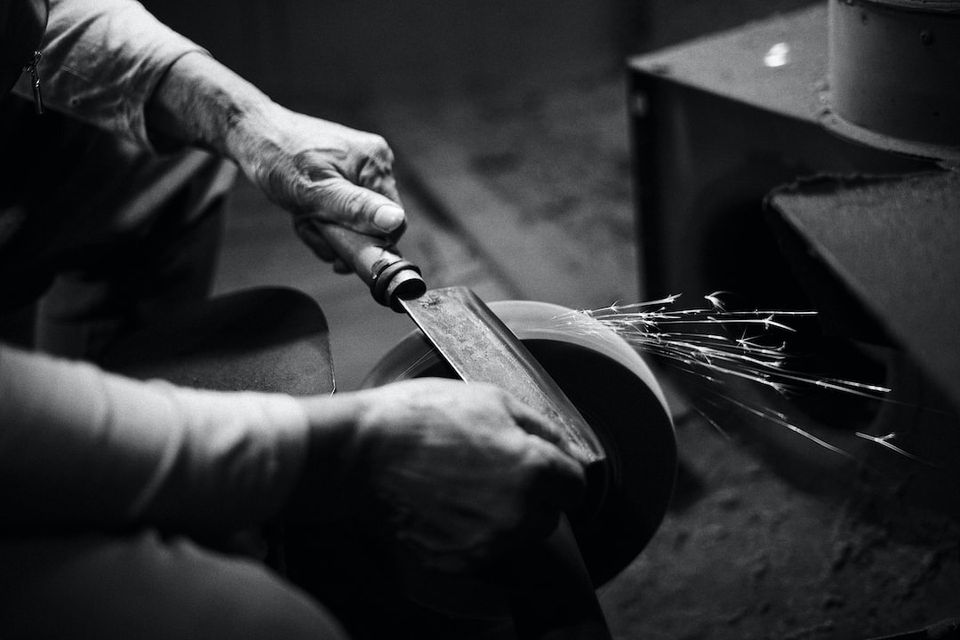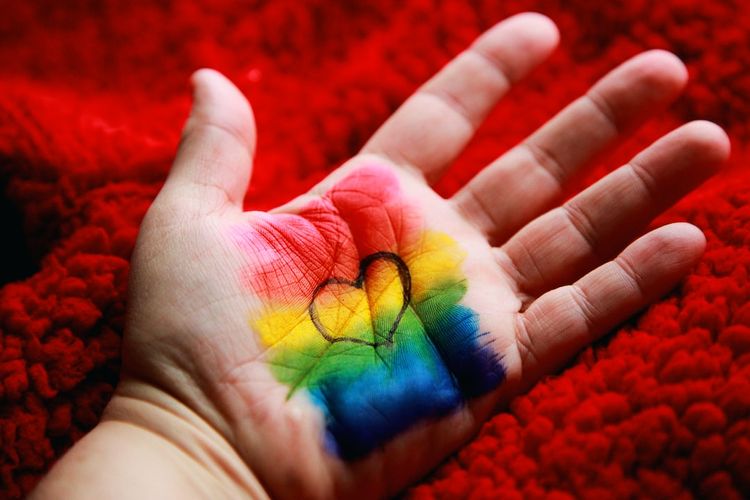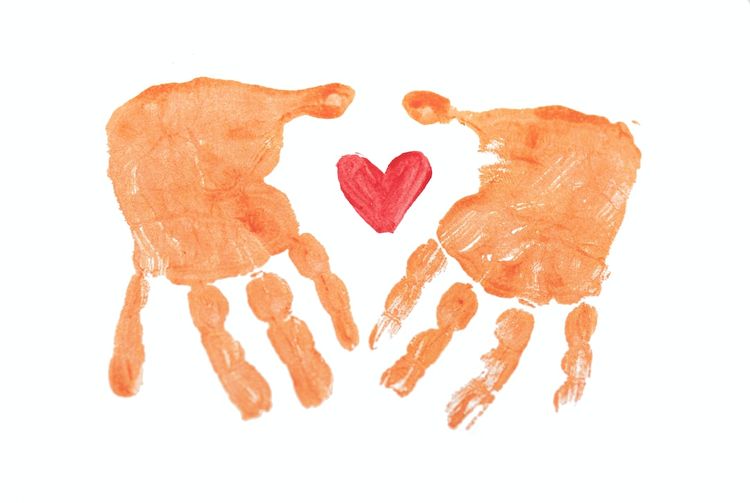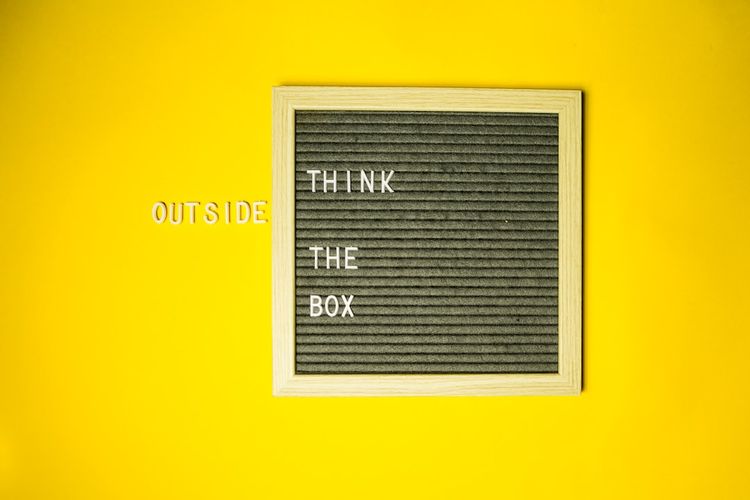When Is “Enough,” Enough as We Strive for Unsustainable Perfection?

At What Point Do You Know You Have Done Enough?
How do you measure what you believe is enough?
It is not that there is an exact qualitative or quantitative measure of enough. Instead, knowing what is enough is something of a paradox. It is best understood when one is flexible and yielding in their perception and consideration of enough.
I invite you to consider verse 9 of the Tao Te Ching to ponder the question, “What is enough?”
“Fill your bowl to the brim
and it will spill.
Keep sharpening your knife
and it will blunt.”1
Relying on a single translation not only limits understanding but leads to false truths. This is an example of ‘not enough’ (oh the irony). For understanding, I think it is wise enough to consider at least one more translation of verse 9:
“To keep on filling
is not as good as stopping.
Calculated sharpness
cannot be kept for long.”2
If you fill your glass halfway, is it half full or half empty?
You must first partake of the contents and enjoy what is immediately available to you before you can replenish the glass with more.
Do you rush to finish so that you can refill your cup? Do you feel cheated if your glass is not filled to the brim?
When your knife becomes dull, do you sharpen it with no intention to stop? The more you put the blade to the sharpening stone, the more you damage the knife’s potential by wearing away the steel.
The measure of enough shows up in all areas of life.
How much exercise is enough?
Do you know the difference between too much and challenging your capacity so that you don’t hurt or overexert yourself?
How much of a good meal is enough?
Why eat more when you know you have had enough? Is the cost of discomfort worth the ephemeral pleasure of sight, smell, taste, texture, crunch, and your emotional reactions (and memories) to the meal?
How much money is enough?
Have you decided how much money is enough without going past that point with new expenses? At what point will you hoard and become protective of your wealth, no longer enjoying the capacity it offers you? When will others consider you greedy?
How much knowledge is enough?
When do you stop gathering information for the sake of information? When do you let go of trying to know it all and instead seek understanding in practice? Are you still interested or are you seeking approval and adulation?
How much love is enough?
Can you ever have too much love, or is the better question, how much love do you have for yourself that allows you to give and receive love with ease and without prejudice?
Perfection Rests in the Wisdom of Knowing.
Knowing when to stop honing your skill is what is enough with any action, endeavour, or pursuit.
Perfection is never attained. It is fleeting at best. Instead, practice makes for improvement — not perfection.
Self-mastery is a balancing act.
As you take from the bowl, enjoy and savour what you have been given. Replenish what you take in due course.
Skillfulness in all areas of life requires constant sharpening but only enough to keep your edge — the moment you use a freshly sharpened knife it dulls.





Member discussion